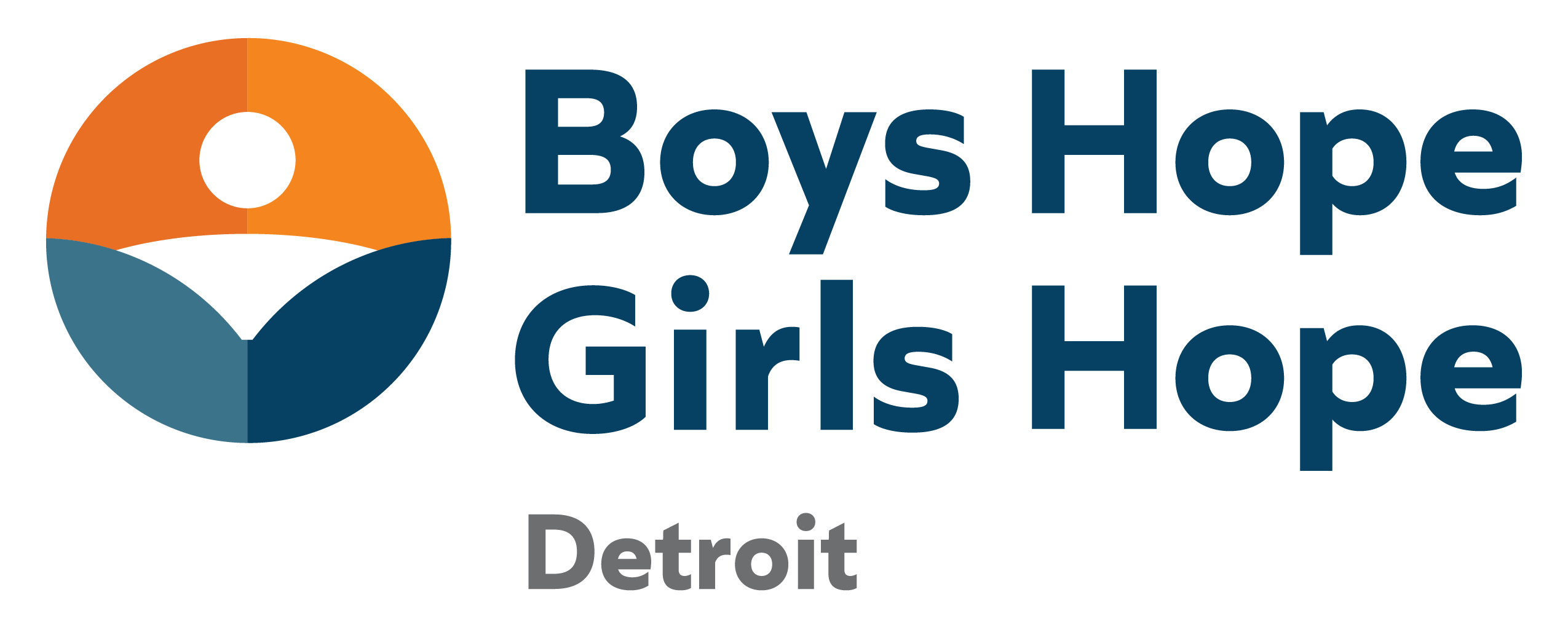We are Boys Hope Girls Hope of Detroit
Boys Hope Girls Hope of Detroit helps motivated high school students rise above disadvantaged backgrounds. Our goal is to graduate young people who are physically, emotionally, and academically prepared for post-secondary education and productive life, breaking barriers so they can become community-minded leaders.
Boys Hope Girls Hope firmly believes that young people have the power to overcome adversity, realize their potential, and help transform our world. They create these successes when we remove obstacles, support and believe in them, and provide environments and opportunities that build on their strengths.
Boys Hope Girls Hope of Detroit is a proud member of the Boys Hope Girls Hope Network. Our Network Headquarters, located in St. Louis, Missouri, connects, provides leadership to, and offers signature college-preparatory programming to 16 affiliates. Each affiliate is independently incorporated, governed by its own board of directors, and responsible for its own fundraising. Affiliation and services agreements link the Network to ensure mission and brand fidelity, quality operations, maximum functional capacity, and consistency in training, programmatic standards, and best practices.
OUR MISSION & DNA
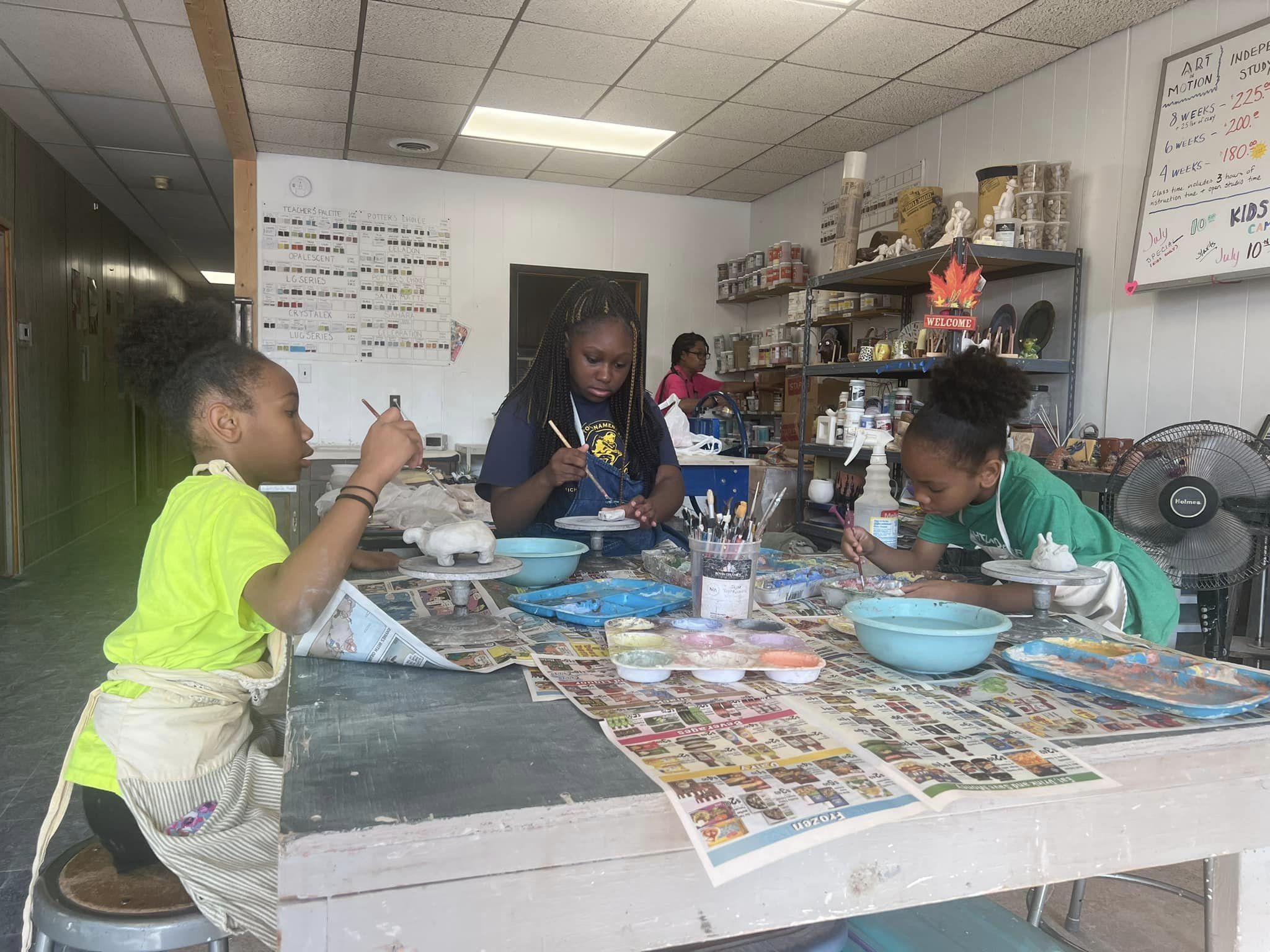
LOCAL IMPACT
We have great numbers to represent our success and we often hit 100%. But that’s not where the story ends. There isn’t a number that is large enough to represent the character, ambition, courage and integrity of our young men and women.
See how Boys Hope Girls Hope is prioritizing Diversity, Equity, and Inclusion.
HISTORY
LEADERSHIP
The Boys Hope Girls Hope of Detroit Board of Directors and staff leadership collaborate to ensure mission fidelity, financial stewardship and transparency. This team of professionals is committed to continuous learning, effective programming and improvement through impact evaluation and innovation.

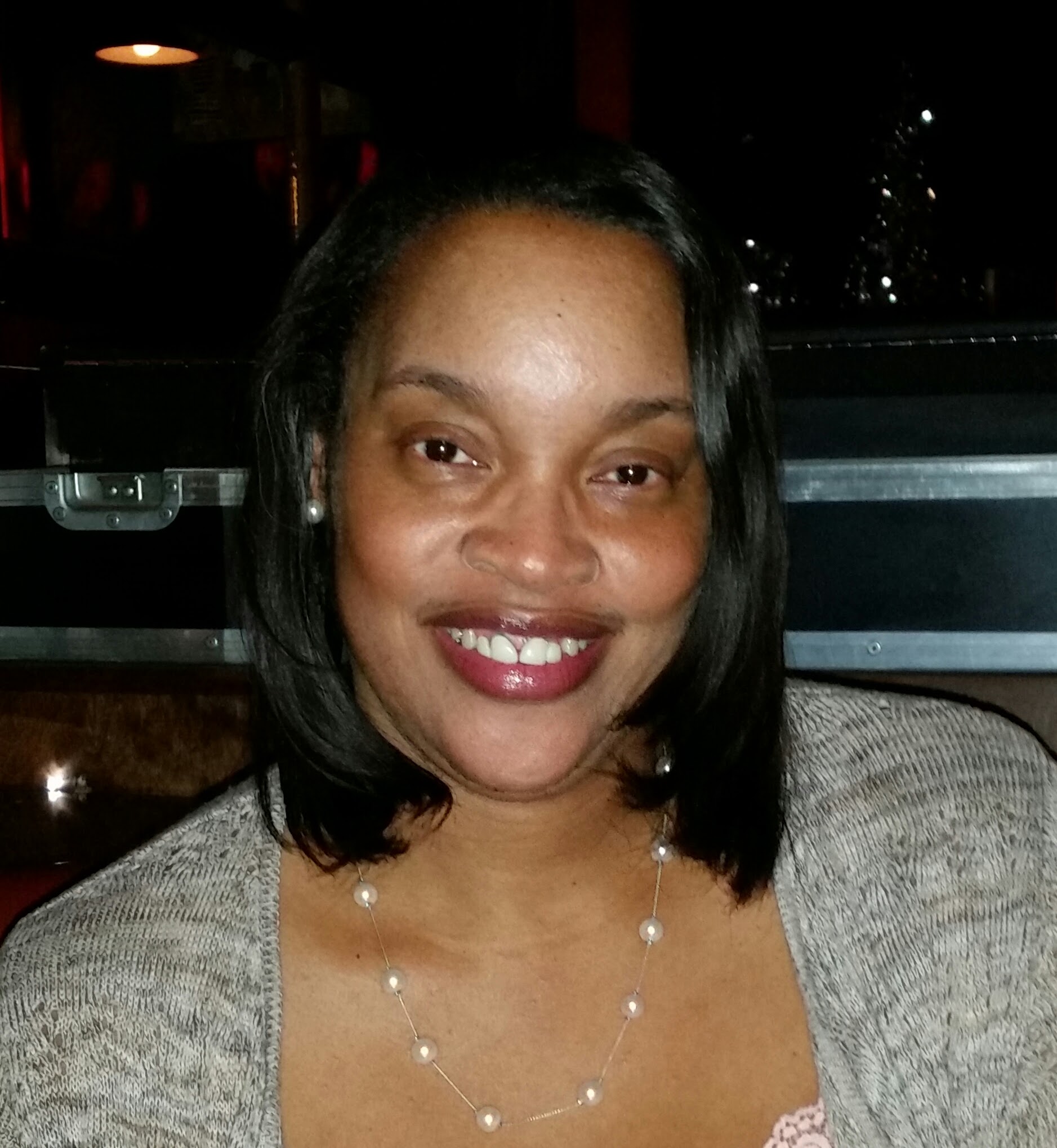



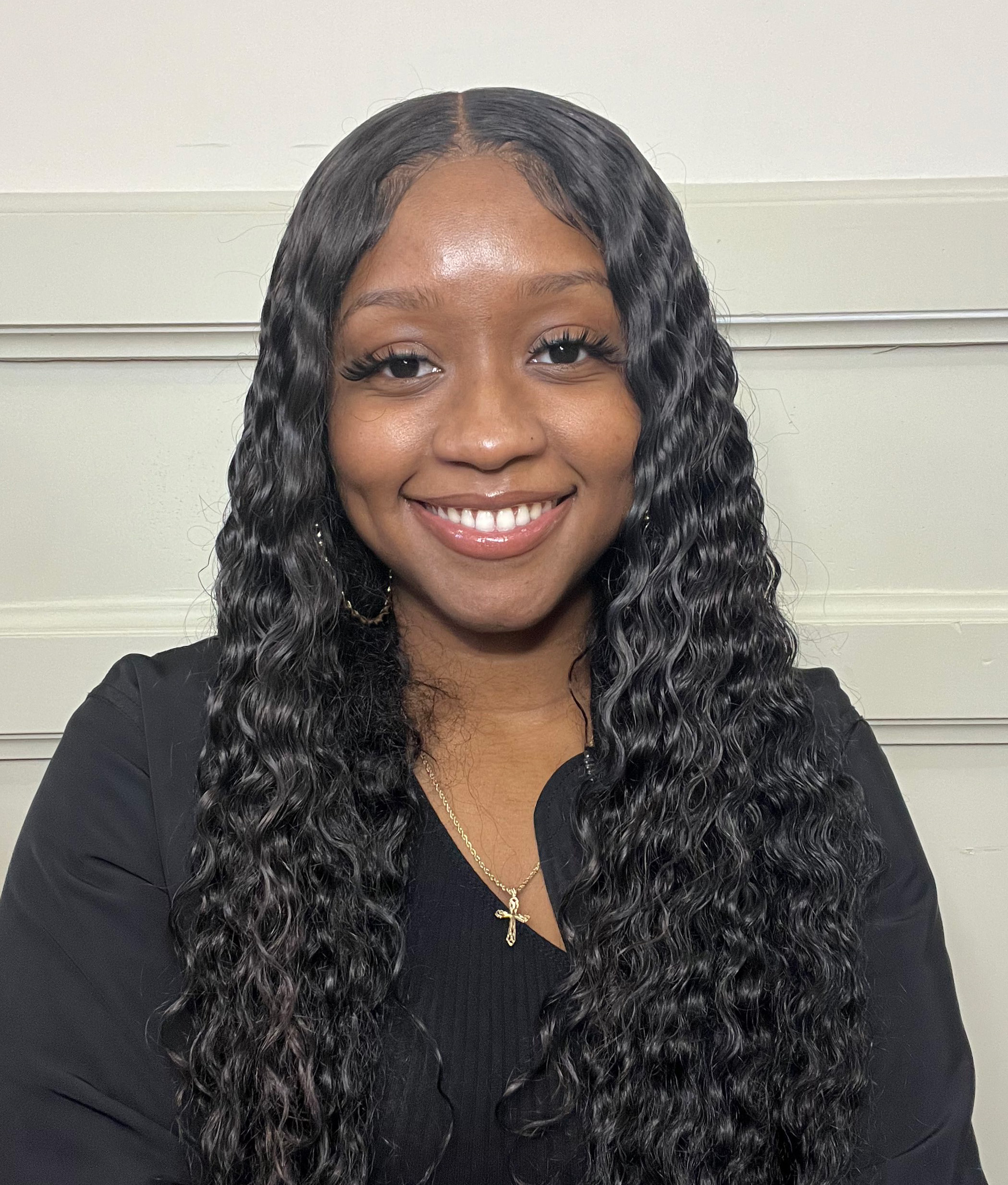


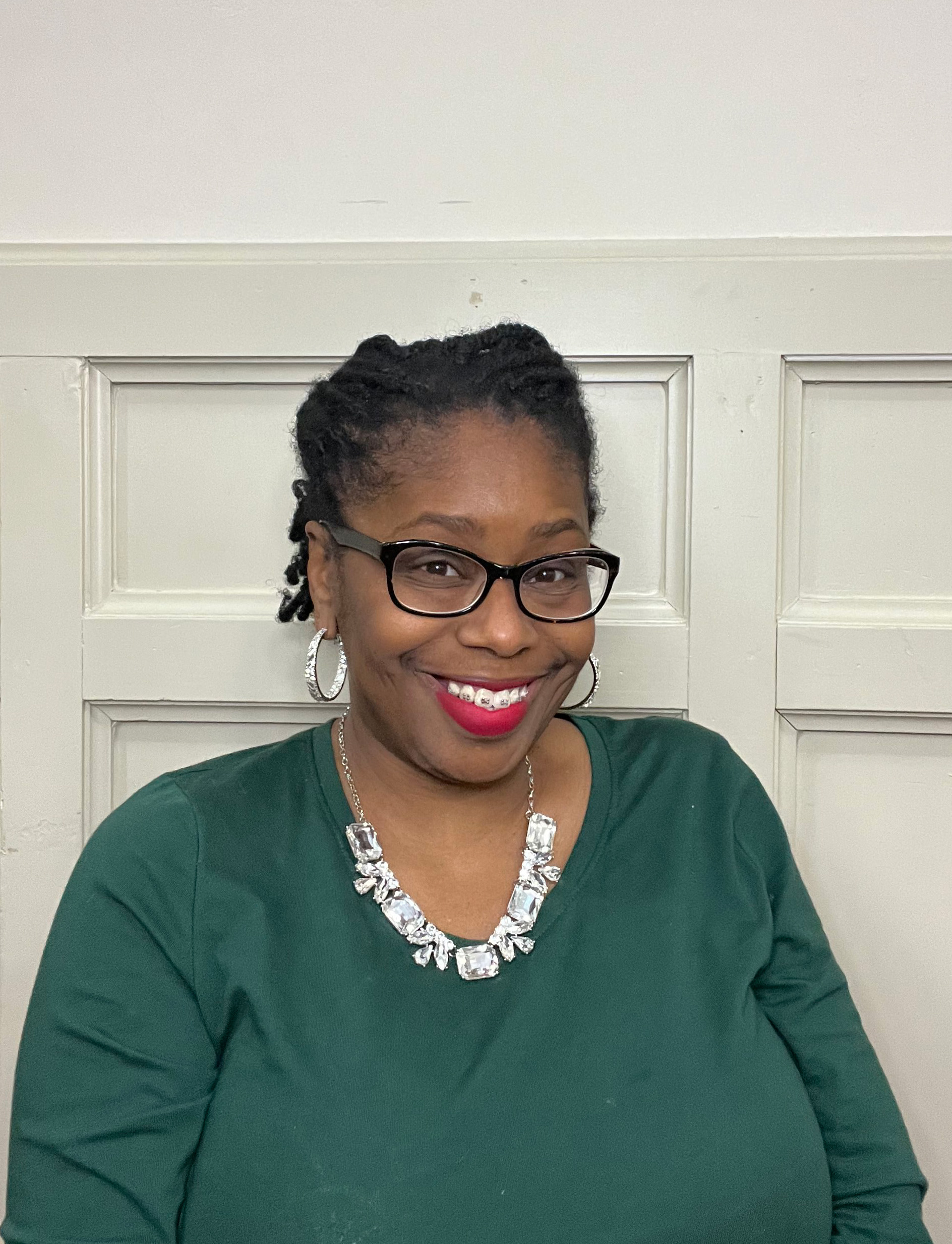
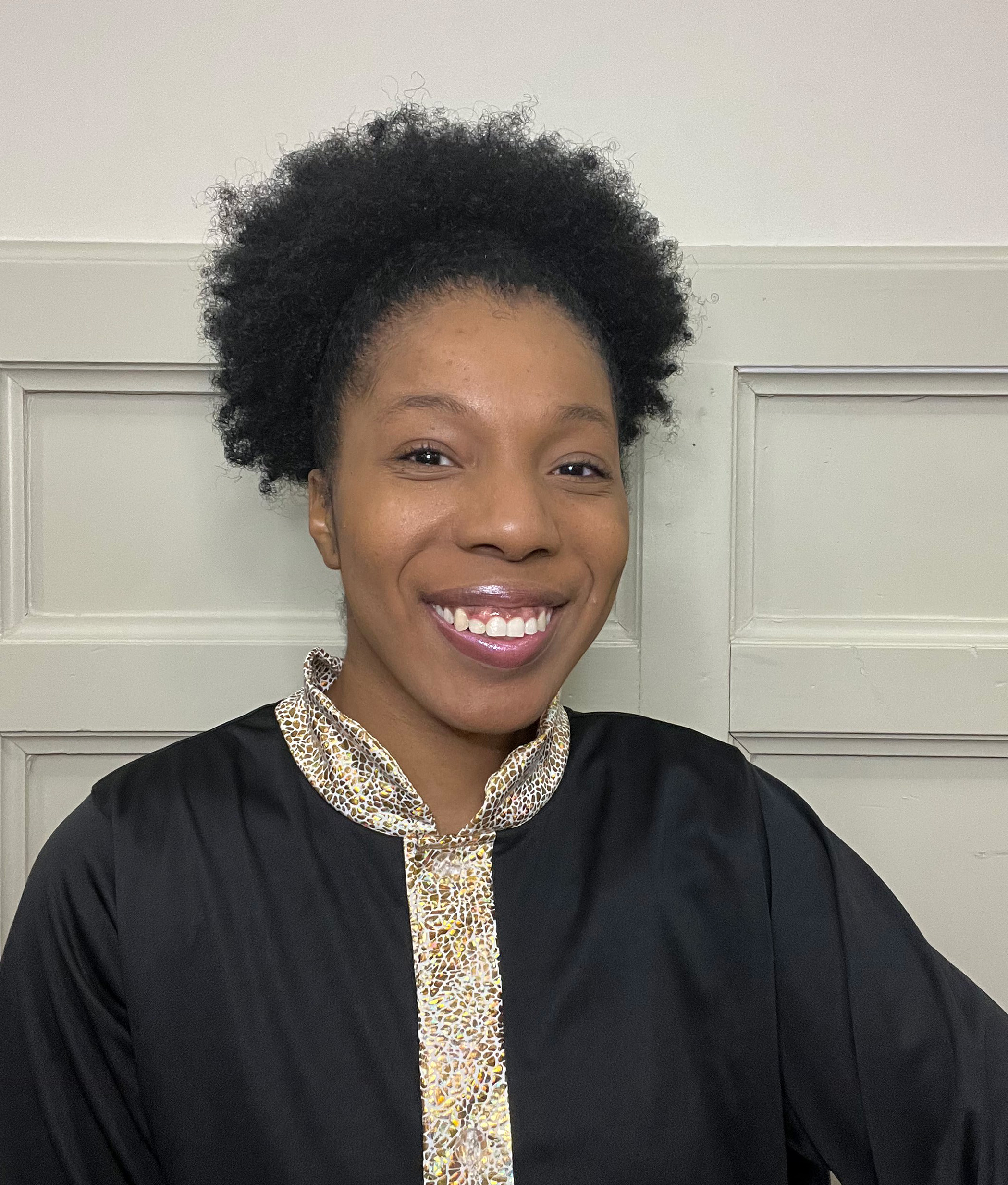
BOARD OF DIRECTORS
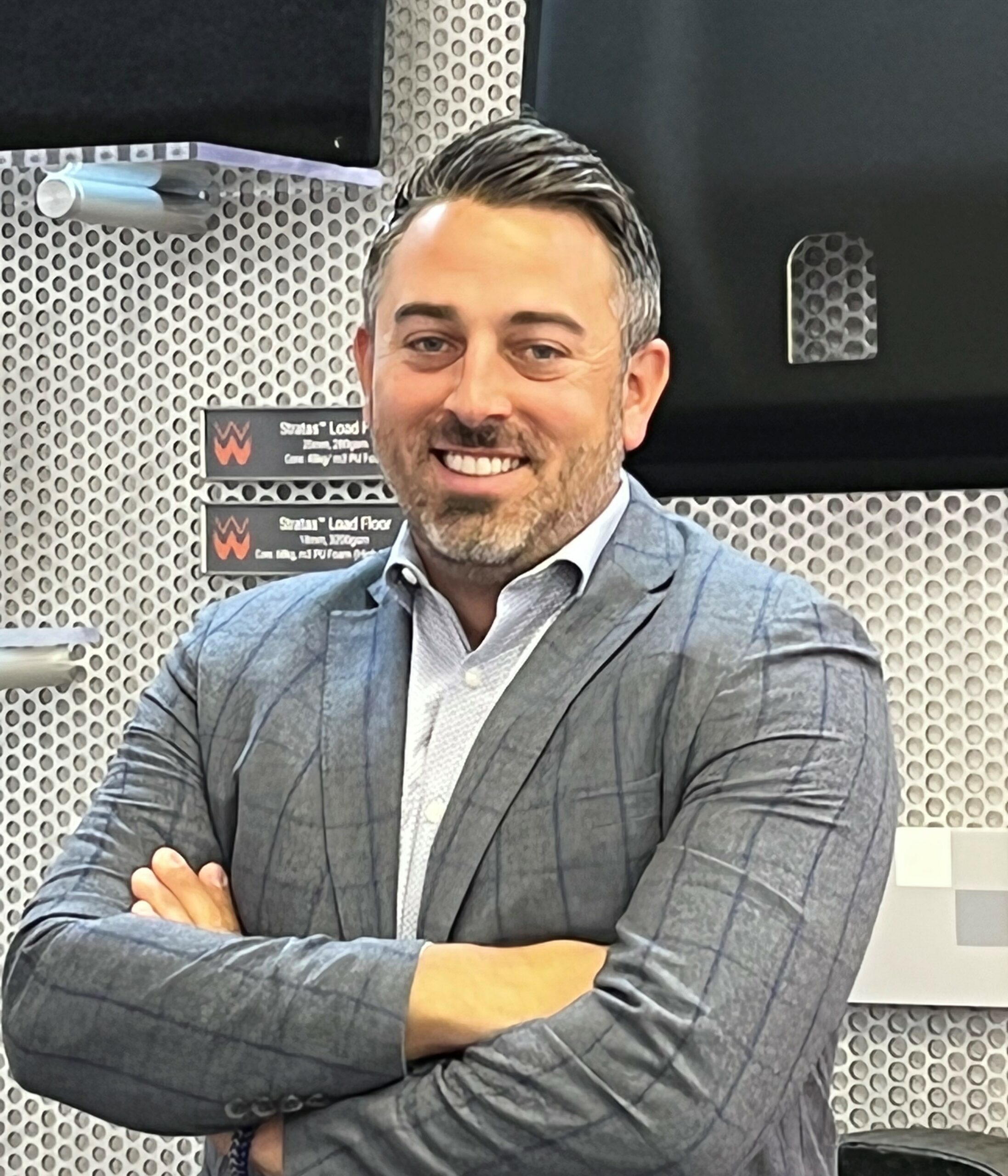
Mark Hebert
Chair
VP–Sales and Business Development
Woodbridge Group

John Sherman
Treasurer
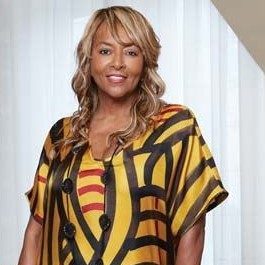
Jo Coleman
Secretary
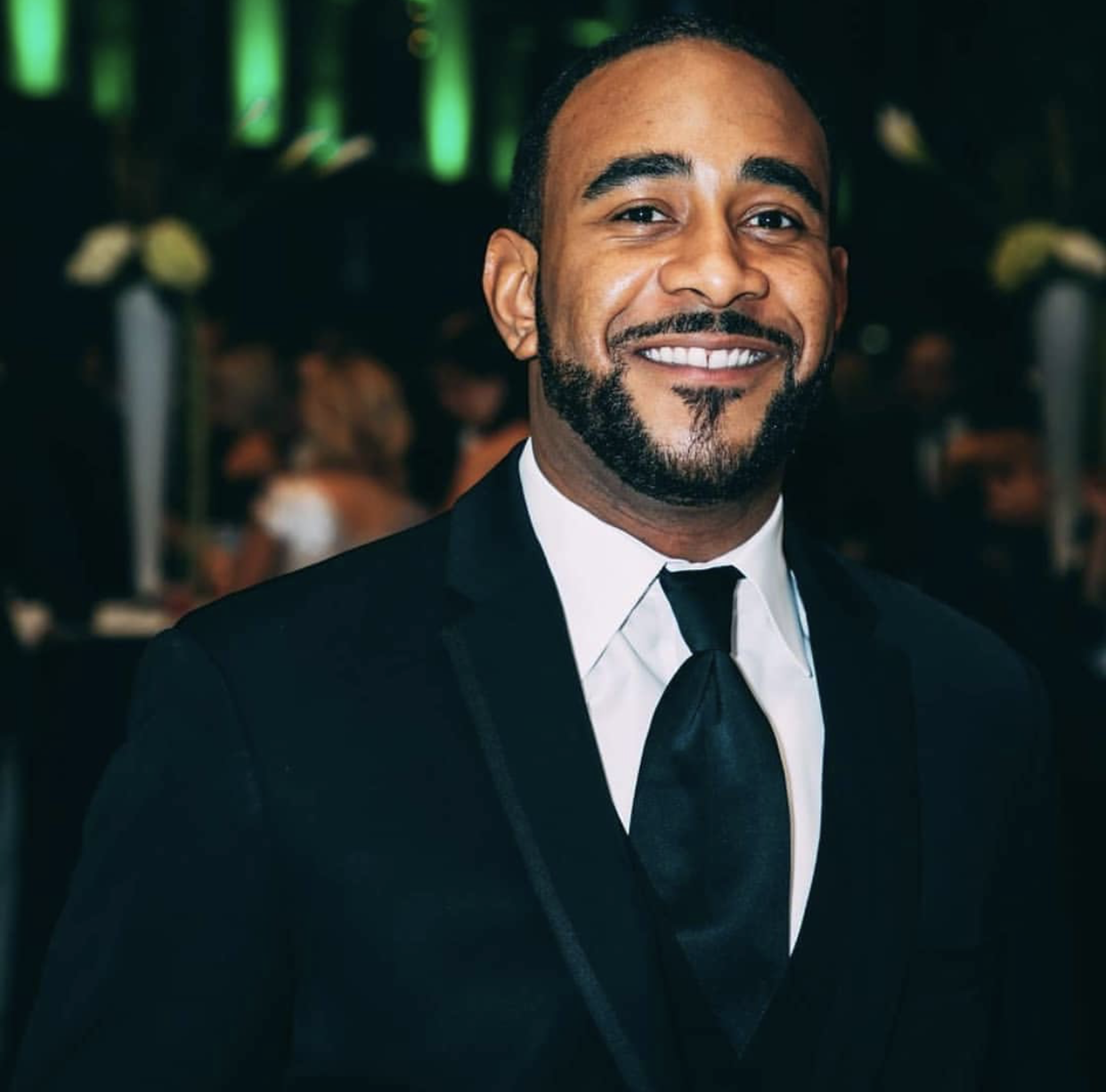
Michael Armstrong
Corporate Recruiter/ Talent Acquisition Specialist
MINTH Group

Kerri Binno
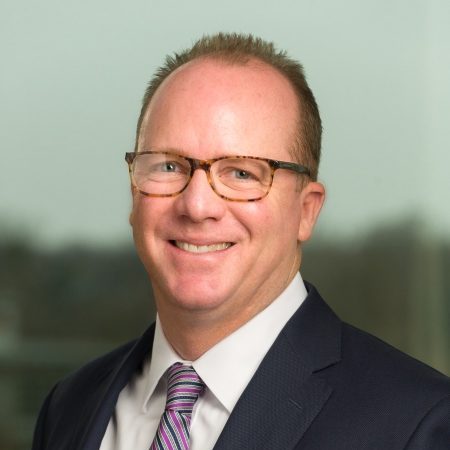
Scott Crane
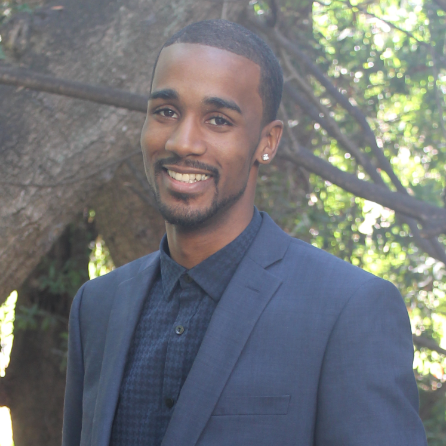
Dante Dixson, PhD
Assistant Professor- Educational Psychology
Wayne State University

Dan Dulworth
Clark Hill PLC
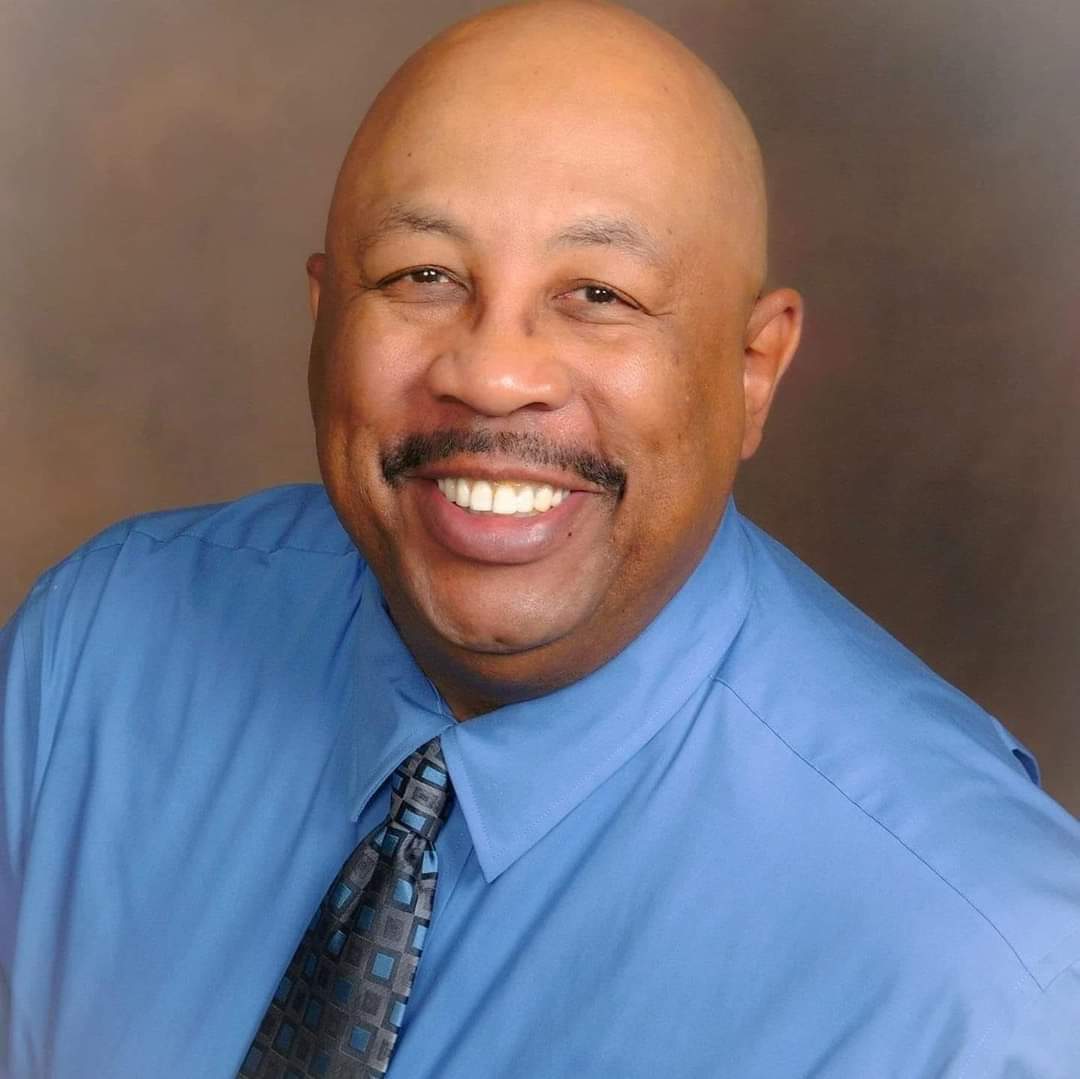
Paul Garwood
Restorative Justice/Roseville Community Schools, Certified Trauma & Resilience Specialist, Mental Health Advocate, Youth Instructor, Professional Speaker, and Sports Journalist.

Robert Hughes
President Hughes Interest LLC
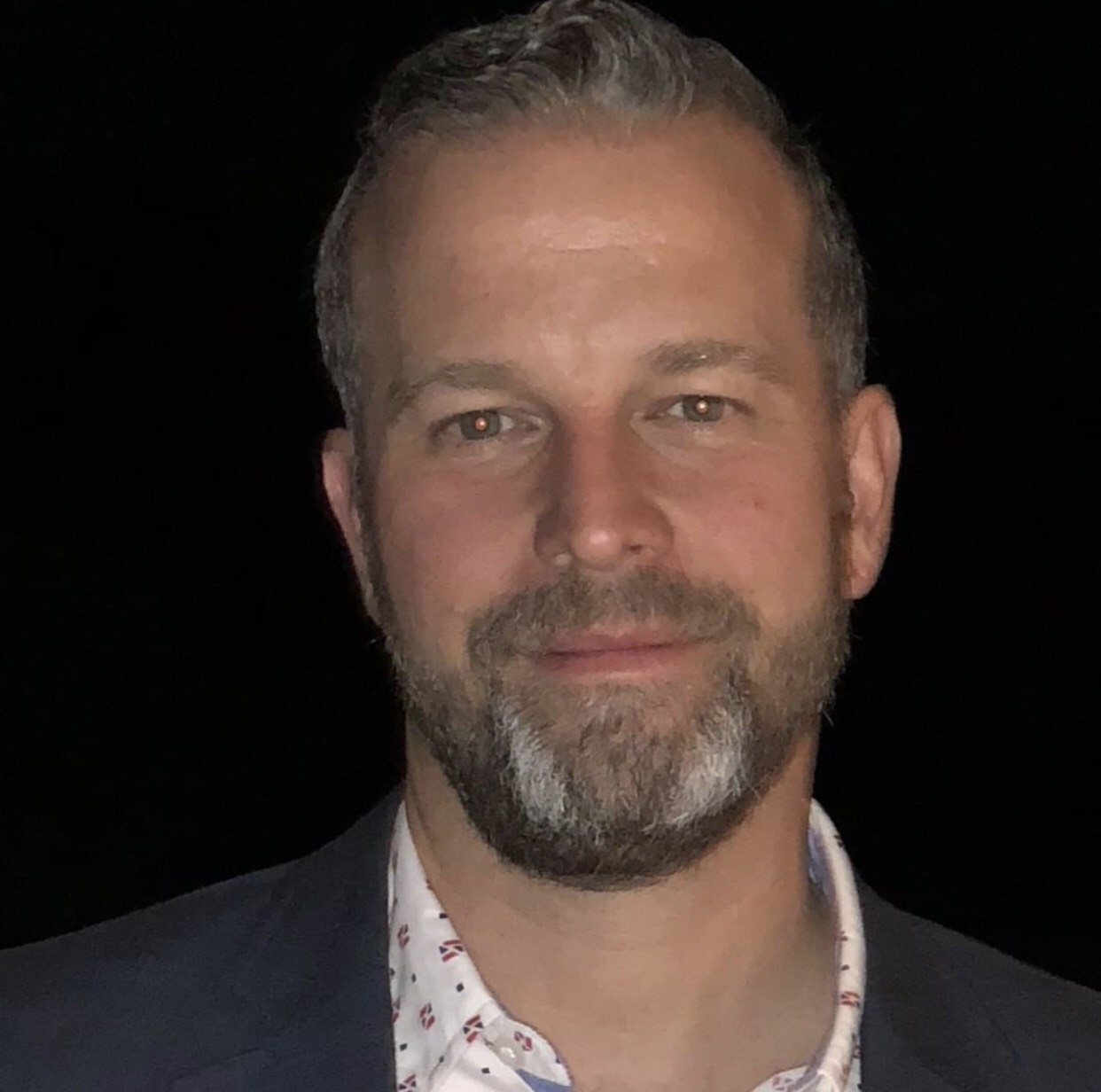
Daniel Laible
Executive Vice President and CFO
NYX, Inc.
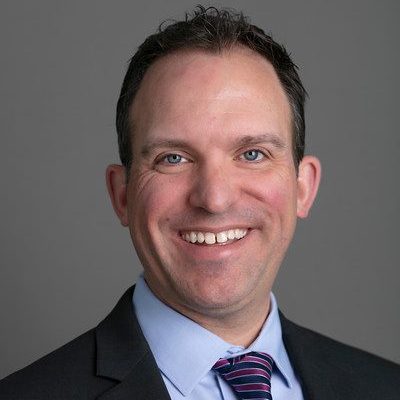
Bryan Marx
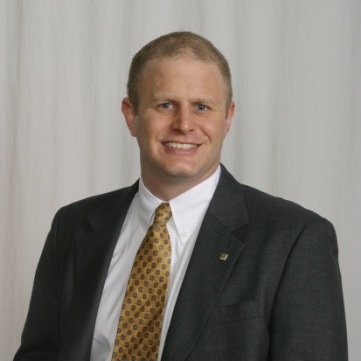
David Noonan
Partner, Assurance Services Ernst & Young LLP
